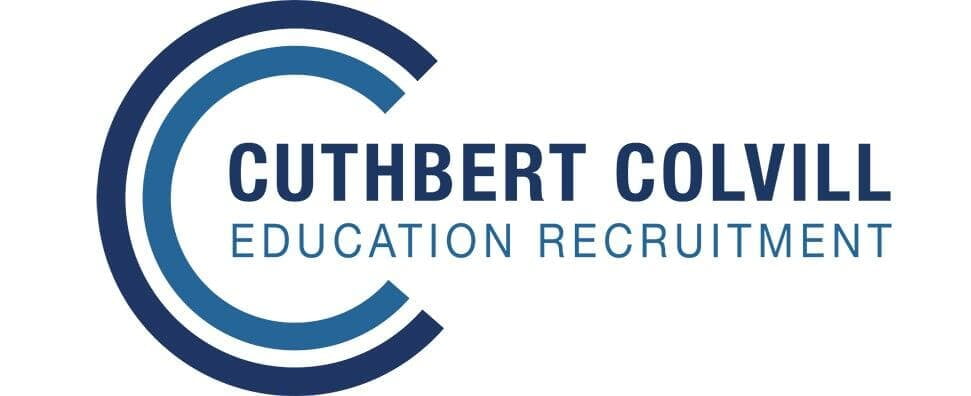
As a teacher, time management is crucial to ensure smooth and effective classroom management. With a myriad of responsibilities and tasks to juggle, it can be challenging to find the right balance. However, by implementing efficient time management techniques, teachers can maximise productivity and create a more conducive learning environment.
The Importance of Time Management for Teachers
Time management is a critical skill for teachers as it directly impacts their ability to deliver quality education and engage with students effectively. By managing their time efficiently, teachers can ensure that they have enough time for planning lessons, grading assignments, and providing individualised attention to students. Moreover, effective time management enables teachers to strike a healthy work-life balance, reducing stress and burnout.
Common Time Management Challenges for Teachers
Teachers face several common challenges when it comes to managing their time effectively. One of the primary challenges is the overwhelming amount of administrative work, such as paperwork, meetings, and data management. Additionally, teachers often struggle with maintaining a structured classroom environment, where interruptions and unexpected events can disrupt planned activities. Furthermore, the lack of prioritisation and goal-setting can lead to a sense of being overwhelmed and unproductive.
Time Management Techniques for Effective Lesson Planning
To optimise lesson planning, teachers can implement various time management techniques. One effective approach is to create a detailed lesson plan template that includes specific time slots for each activity. By allocating adequate time for each task, teachers can ensure that they cover the necessary content without feeling rushed. Additionally, using technology tools such as online lesson planning platforms or digital calendars can streamline the planning process and provide reminders for upcoming tasks.
Another valuable technique is to prioritise essential topics and learning objectives. By focusing on the most crucial aspects of the curriculum, teachers can avoid spending excessive time on less significant areas. Moreover, breaking down larger topics into smaller, manageable chunks allows for better time allocation and helps students grasp the concepts more effectively.
Strategies for Organising Classroom Materials and Resources
Organising classroom materials and resources is essential for efficient time management. Teachers can start by decluttering their workspace and creating designated areas for different materials. This includes organising textbooks, stationery, and other teaching aids in easily accessible storage units. Additionally, labelling and categorising these resources can save valuable time when searching for specific materials during lessons.
Moreover, digital organisation tools can be highly beneficial. Using cloud storage solutions or online platforms, teachers can store and access digital resources from anywhere, eliminating the need to carry physical copies. Creating digital folders for each subject or topic allows for quick retrieval and easy sharing with students.
Tips for Prioritising Tasks and Setting Realistic Goals
Prioritising tasks is crucial for effective time management. Teachers can begin by listing all their pending tasks and categorising them based on urgency and importance. This helps in identifying critical tasks that require immediate attention and allows for better planning. Setting realistic goals and deadlines for each task ensures that teachers stay on track and complete their work within the allocated time frame.
To avoid feeling overwhelmed, it is important for teachers to delegate tasks whenever possible. This could involve assigning certain responsibilities to students, such as organising classroom materials or leading group activities. By involving students in these tasks, teachers not only save time but also promote a sense of ownership and responsibility among the students.
Incorporating Technology for Efficient Time Management
In the digital age, technology can be a powerful ally for teachers looking to enhance their time management skills. Utilising various software applications and online tools can streamline administrative tasks and improve overall efficiency. For instance, using grading software can significantly reduce the time spent on manual grading, allowing teachers to focus on providing meaningful feedback to students. Online collaboration platforms, such as Google Classroom, can facilitate seamless communication and file sharing between teachers and students.
Furthermore, technology can help automate routine tasks, such as attendance taking or generating progress reports. By leveraging these tools, teachers can free up valuable time that can be redirected towards instructional planning and student engagement.
Balancing Professional and Personal Responsibilities
Achieving a healthy work-life balance is crucial for teachers to avoid burnout and maintain their overall well-being. One effective strategy is to establish clear boundaries between work and personal life. This involves setting designated work hours and sticking to them, allowing for dedicated time for personal activities and relaxation.
Additionally, practicing self-care is essential. Teachers should prioritise activities that promote physical and mental well-being, such as exercise, hobbies, and spending time with loved ones. Taking breaks during the workday and utilising vacation time effectively can also contribute to a more balanced and fulfilling professional life.
Time Management Tips for Supply Teachers
For supply teachers who often work in different classrooms and schools, time management is particularly challenging. To navigate this dynamic environment, supply teachers can employ several strategies. First, it is crucial to familiarise oneself with the school's policies and procedures beforehand, as this saves time and minimises confusion during the day. Additionally, creating a portable toolkit with essential teaching materials and resources ensures preparedness for any teaching assignment.
Furthermore, establishing clear communication with regular teachers and school staff is vital. This includes discussing lesson plans, classroom routines, and any additional responsibilities. By maintaining open lines of communication, supply teachers can seamlessly integrate into the classroom and maximise their time with the students.
Resources and Tools for Improving Time Management Skills
Numerous resources and tools are available to help teachers enhance their time management skills. Online platforms, such as time management apps and websites, offer a wide range of features, including task tracking, time blocking, and reminders. These tools can help teachers stay organised and focused on their goals.
Additionally, professional development workshops or courses on time management can provide valuable insights and strategies. Many educational organisations and institutions offer such programs, allowing teachers to learn from experienced educators and share best practices.
Conclusion: Embracing Efficient Time Management as a Teacher
In conclusion, efficient time management is essential for teachers to maintain productivity and create a positive learning environment. By implementing the techniques and strategies discussed in this article, teachers can overcome common time management challenges, prioritise tasks effectively, and achieve a healthy work-life balance. Embracing technology tools and resources can further optimise time management skills, allowing teachers to focus on what matters most – providing quality education to their students. Remember, time is a precious resource, and by managing it effectively, teachers can unlock their full potential and make a lasting impact in the lives of their students
Take control of your time and unlock your full potential as a teacher. Implement these proven time management techniques today and experience the difference it can make in your professional life!

